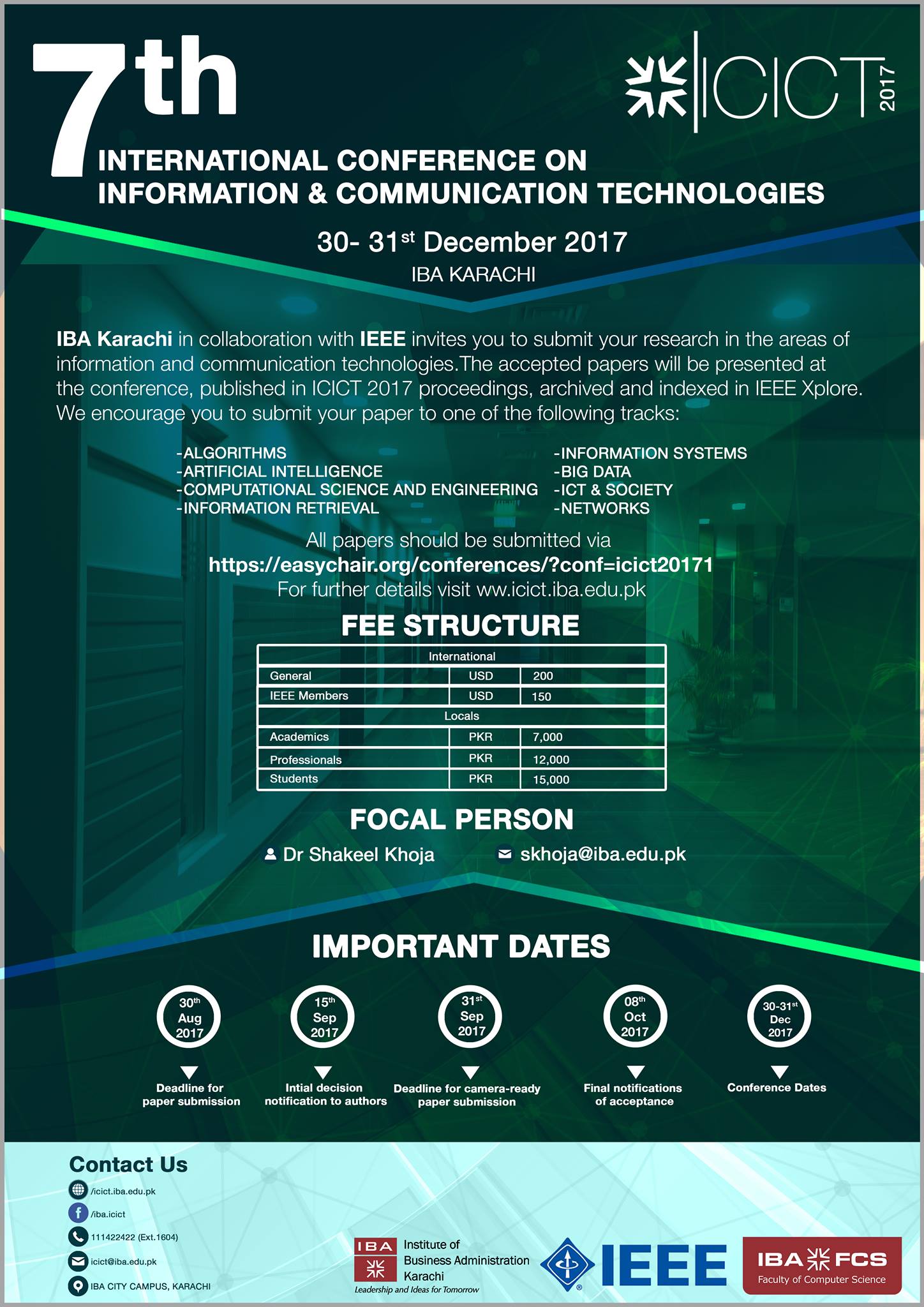Invited 3: Artificial immune systems and applications
Abstract/Description
Artificial immune systems (AIS) are highly distributed systems based on the principles of the natural immune system. AIS provides robust and powerful information processing approach for solving complex real-world and computational problems in diverse applications including pattern recognition, robotics, structural health-monitoring, network security, multi-agent systems, data mining, optimization, scheduling, fault detection and isolation etc.
In contrast to conventional approaches which devise systematic step-by-step procedures, AIS approach provides efficient treatment of complex engineering problems and the capabilities of bio-inspired AIS systems go far beyond those of conventional technological means. One of the most striking characteristics of AIS systems is their robustness and high tolerance which underlies the principles of distribution, where small pieces by themselves are not "deadly" significant to the whole, but when these pieces are put together as an ensemble of individuals (or agents), very complex behaviors can emerge.
Keywords
Artificial immune systems (AIS), Computational problems, Multi-agent systems, Data mining, Optimization
Location
Theatre 1, Aman Tower
Session Theme
Keynote/Invited Session II
Session Type
Other
Start Date
31-12-2017 11:30 AM
End Date
31-12-2017 12:00 PM
Recommended Citation
Khan, D. T. (2017). Invited 3: Artificial immune systems and applications. International Conference on Information and Communication Technologies. Retrieved from https://ir.iba.edu.pk/icict/2017/2017/18
COinS
Invited 3: Artificial immune systems and applications
Theatre 1, Aman Tower
Artificial immune systems (AIS) are highly distributed systems based on the principles of the natural immune system. AIS provides robust and powerful information processing approach for solving complex real-world and computational problems in diverse applications including pattern recognition, robotics, structural health-monitoring, network security, multi-agent systems, data mining, optimization, scheduling, fault detection and isolation etc.
In contrast to conventional approaches which devise systematic step-by-step procedures, AIS approach provides efficient treatment of complex engineering problems and the capabilities of bio-inspired AIS systems go far beyond those of conventional technological means. One of the most striking characteristics of AIS systems is their robustness and high tolerance which underlies the principles of distribution, where small pieces by themselves are not "deadly" significant to the whole, but when these pieces are put together as an ensemble of individuals (or agents), very complex behaviors can emerge.


